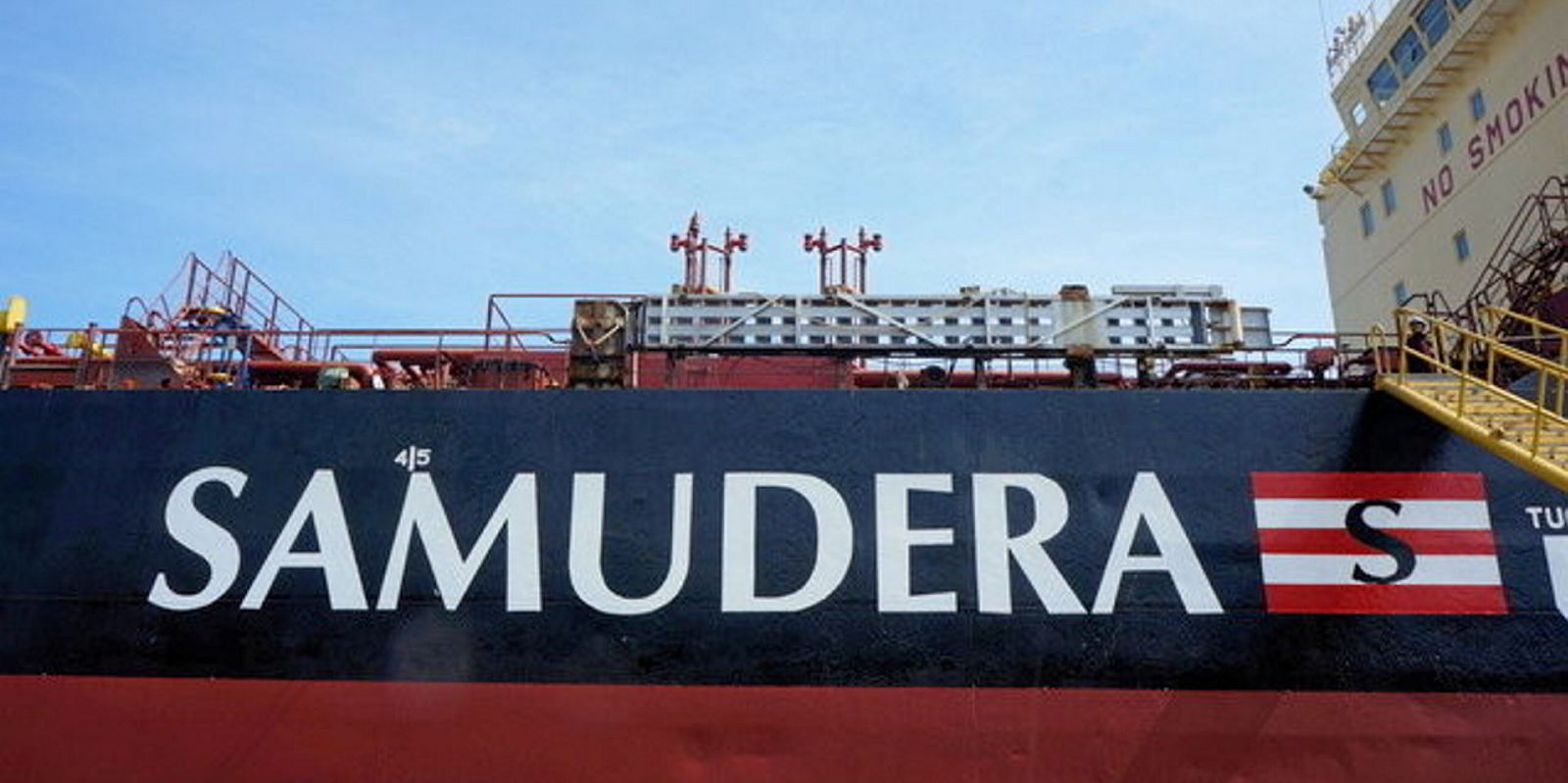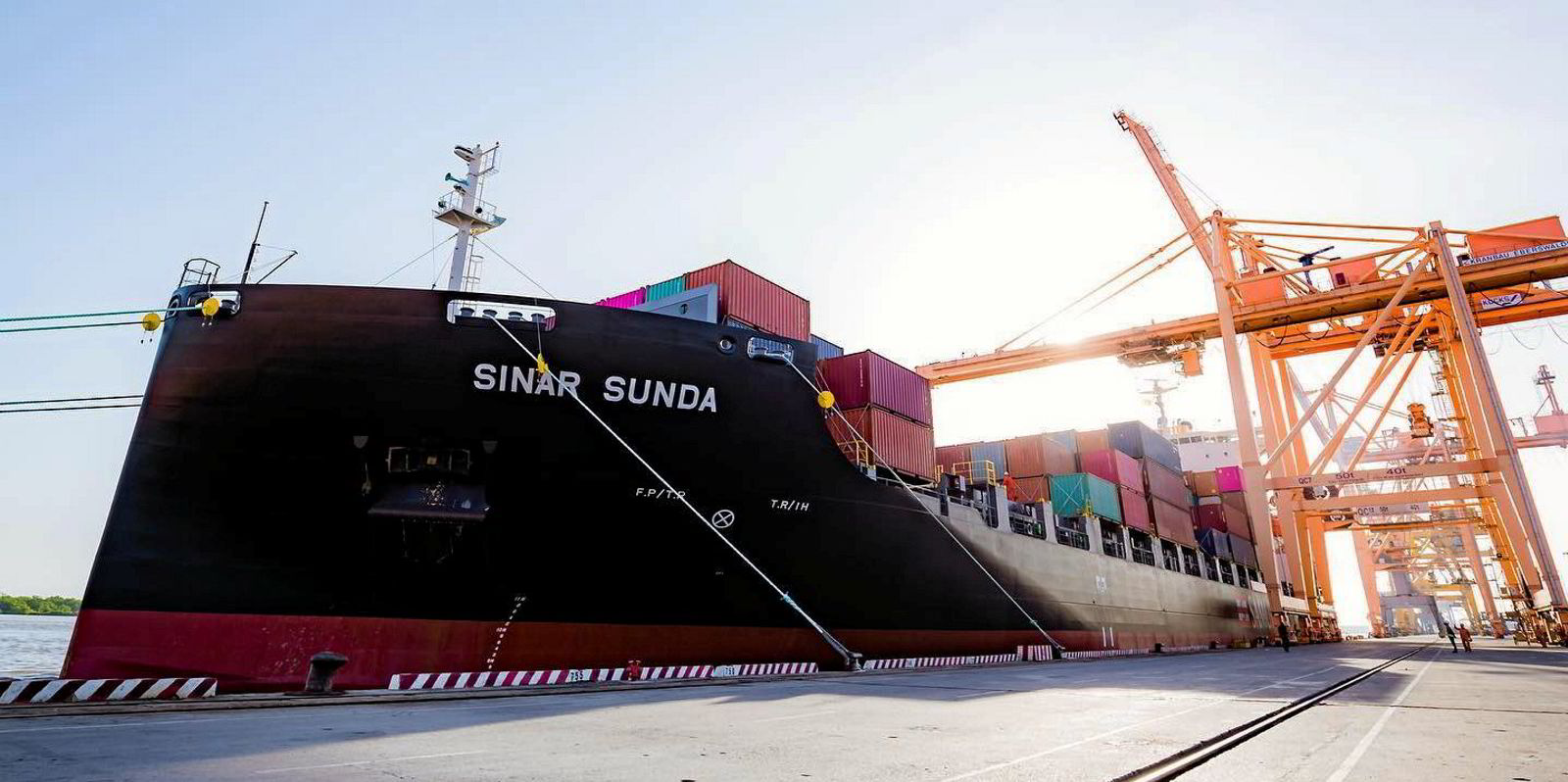Indonesia’s Samudera Shipping has posted a 77% decline in second-half profit on the back of a weaker container ship market.
Net income for the six months to 31 December 2023 was $34.7m versus the $150.7m seen 12 months earlier.
Revenue was down 46% year-on-year to $277m, which was partially offset by a 32.6% fall in costs to $232m.
Samudera attributed the weaker performance to “significantly lower freight rates”, specifically in the container shipping segment.
The group’s container shipping segment recorded revenue of $256.7m for the last six months of 2023, compared to $498.5m a year ago, despite a 7% rise in container volumes to 1.05m teu.
“While container volume handled was marginally higher year-on-year for both periods, average freight rates had declined during the financial year from the pandemic-driven highs,” Samudera said.
Looking ahead, Samudera said operating conditions in the container shipping industry are expected to remain challenging, amid disruptions to vessel availability and port congestion wrought by the Red Sea conflict.
“The group thus expects freight rates and vessel charter rates to be volatile in the near term. Meanwhile, stronger demand for bunker fuel as vessels reroute to bypass the conflict is expected to put upward pressure on bunker costs,” it said.
Samudera took delivery of six container ship newbuildings during the year, four on long-term time charter and two owned.
These include the 1,500-teu Sinar Bajo and Sinar Bukittinggi (both built 2023), which were bought in June from Greece’s Cosmoship Management for $59.9m in total.
Another pair of 1,900-teu newbuildings is due to join the Samudera fleet in the third quarter of 2024 and the first half of 2025.
The two feedermaxes are under construction at Naikai Shipbuilding in Japan and Samudera purchased them in January 2023 for $66m in total.
“These younger and more efficient vessels will replace older ones and will allow the group to improve operating costs,” the company said.
At the end of 2023, the company agreed to acquire two ethylene gas carriers for $12.6m to tap into the growing ethylene market in Indonesia.
The 2009 and 2010-built vessels join an existing tanker fleet that comprises an LPG tanker, an LNG tanker and four chemical tankers.





